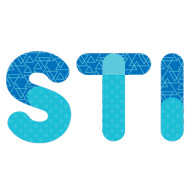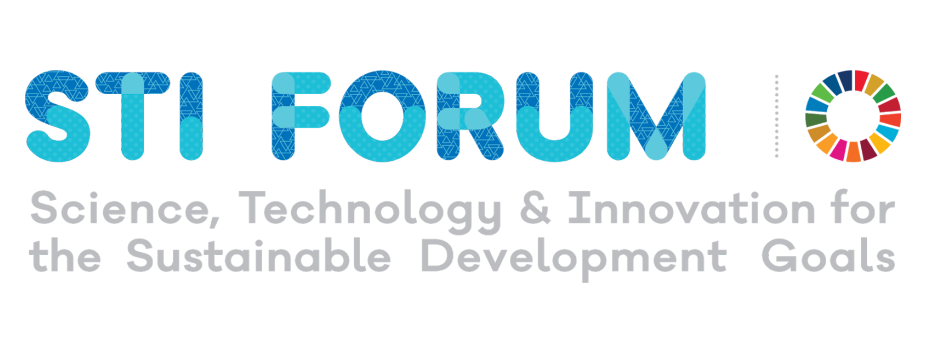

The third annual Multi-stakeholder Forum on Science, Technology and Innovation for the Sustainable Development Goals (STI Forum) met June 5-6 2018 at the UN Headquarters in New-York in New York.
Members of WFEO UN Relations Committee (WURC) participated in the STI Forum with the side event “Systems Analysis and Capacity Building for Transformative Change toward Achieving the SDGs and long-term sustainability”, conducted on 6 June, 08:15-09:30.
1. Objective of the side event
Review how systems analysis can support decision makers in holistic policy making, considering all aspects of sustainability: societies, economy and the environment and how they are interrelated and introduce “The World in 2050” (TWI 2050). Review progress and challenges in engineering capacity building.
2. Organizers & Participation
- International lnstitute for Applied Systems Analysis (llASA) – Nebojsa Nakicenovic – panelist
- International Council for Science (ICSU) – Anne- Sophie Stevance – panelist
- American Association for the Advancement of Science (AAAS) – E. William Colglazier moderator
- Children and Youth Major Group – Kimberly Pugel – panelist
- World Federation of Engineering Organizations – President-Elect Gong Ke and WURC member William E Kelly – panelists
3. Major issues discussed in the session
- Systems analysis as a way to assess long-term trade-offs and synergies across multiple SDGs and to identify policy options alleviating these trade-offs.The World in 2050 (TWI 2050) provides integrated transformation pathways towards sustainable and resilient societies in 2030 and beyond
- Financing, conceiving, designing, constructing, maintaining and deconstructing the enabling infrastructure systems for achieving the SDGs requires building technical capacity especially in the least developed countries Ensuring that no one is left behind means in parallel building science and engineering capacity especially in the least developed countries
4. Main outcome
Update on how systems analysis and capacity building contribute and could contribute to the transformative change needed to achieve the SDGs and long-term sustainability.
5. Key recommendations for action
- The World in 2050 (TWI 2050) provides integrated transformation pathways towards sustainable and resilient societies in 2030 and beyond.These pathways prove the feasibility of achieving the SDGs together rather than individual SDGs in isolati They highlight important areas for action for policy makers. A report will be presented at the 2018 HLPF.
- Policy makers need to take steps to ensure technical capacity especially in the least developed countries adequate to support infrastructure systems – water, energy, production and consumption.
For more information
STI Forum 2018 – Multi-stakeholder Forum on Science, Technology and Innovation for the SDGs
JUN
2018
